Academic Committee
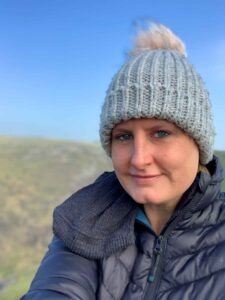 Dr Janine Coates
Dr Janine Coates
Senior Lecturer in Qualitative Research in Sport Exercise and Health Sciences
I am a trained forest school leader with an academic background in psychology and education. My research examines the lived experiences of young people and their families in relation to issues of social justice, with a specific focus on inclusion and social, emotional and physical wellbeing. Favouring qualitative approaches to research, much of my research centres on the experiences of marginalised and vulnerable young people (i.e. those with special educational needs and/or disabilities, homeless youth, gender diversity) in formal and informal education and sport settings. In relation to forest school, my research examines the ways in which engagement in forest school impacts upon learning, development and wellbeing. Recent projects have involved examining the experiences of parents attending forest school toddler groups; the impact of nature-based outdoor education programmes on marginalised young people’s nature connection and skill development; and the influence of outdoor and adventurous sport activity on homeless youth’s mental well-being and social connectivity.
Dr Frances Harris
Reader in Education and the Environment
University of Hertfordshire
I work across two university departments: Geography and Education. I am also a Forest School Leader. My recent research focusses on how we use the countryside for environmental education, through forest school or educational visits to farms and the countryside. Much of my research is inter- and transdisciplinary involving collaboration between academic researchers and practitioners. My research on forest school draws on the perspective of forest school practitioners. focusing on understanding what children learn while at forest school, the significance of outdoor learning spaces, and how forest school contributes to nature connection, place attachment, and the development of an ethos of care for the environment. Current research focusses on long-term impacts of outdoor education.
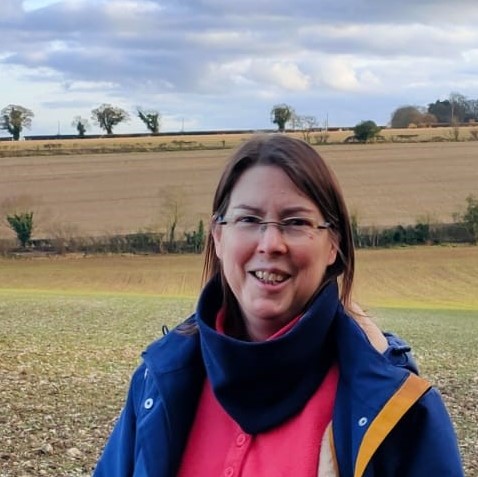
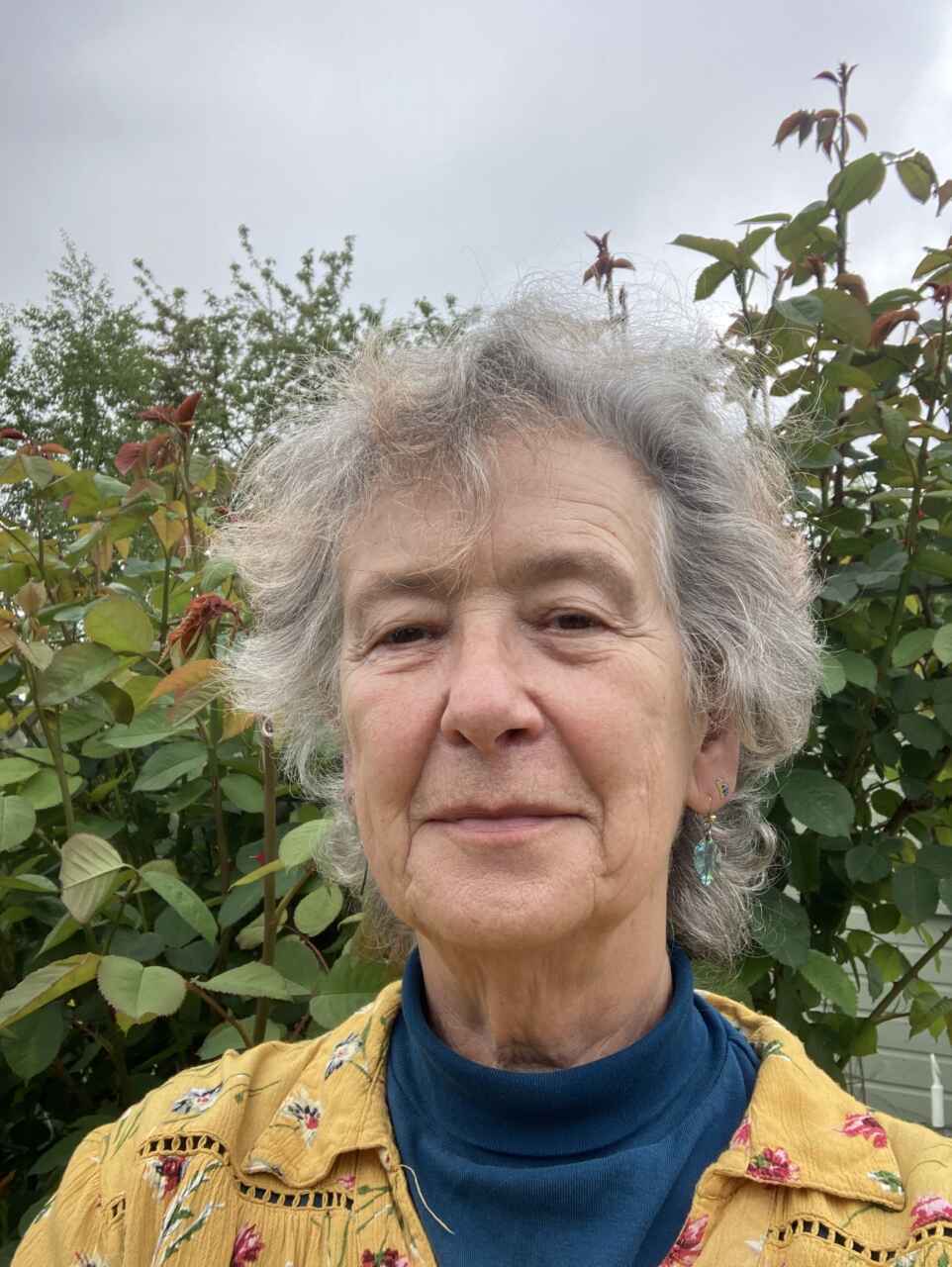
Dr Sara Knight
FSA Ambassador
I initially trained as a primary school teacher and worked for over twenty years in early years classes and with children with particular needs. The second half of my career was spent in Further Education and Higher Education establishments, retiring as a Course Group Leader at Anglia Ruskin University. In parallel, I trained as a Forest School leader and trainer, being a founder member of the Forest School Association. This led to authoring research papers, books and chapters relating to Forest School. Still research-active, my key research interests are the interdisciplinary theoretical basis of Forest School, the social constructivist nature of the development of Forest School in the UK, and the role of attachment theory in research into nature connection.
Dr Mark Leather
Associate Professor of Education
Mark’s research philosophy is that his research outcomes should inform and challenge our professional practice. His research publications cover the much downloaded A critique of Forest School, Reasons to be playful in post-compulsory education, including a model for a Pedagogy of Play, as well as contributing to the international project with the Play, Learn, and Teach Outdoors—Network (PLaTO-Net): terminology, taxonomy, and ontology. Mark is a guest professor at the University of Iceland in the School of Education where he continues to develop ideas, teaching, and research about developing a sense of place in place based outdoor education. Mark has been self-medicating with the outdoors since childhood and sees a holistic approach to the outdoors as a place to develop and nurture mental wellbeing. Mark has worked with colleagues at the British Educational Research Association to explore this area of practice and research. You will often find Mark thinking, discussing research and being, in the woods, outdoors by the fire, on a beach, or on the water.
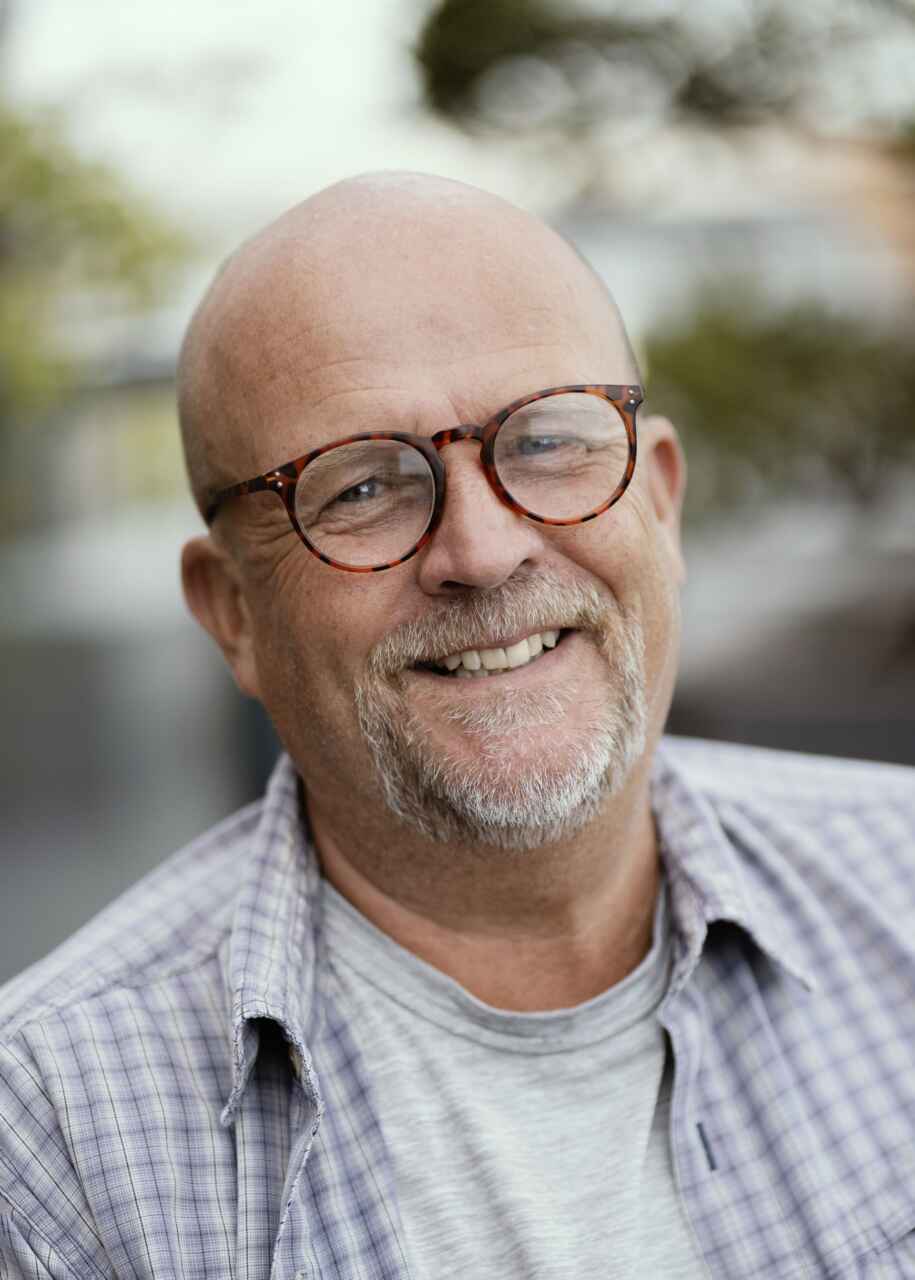
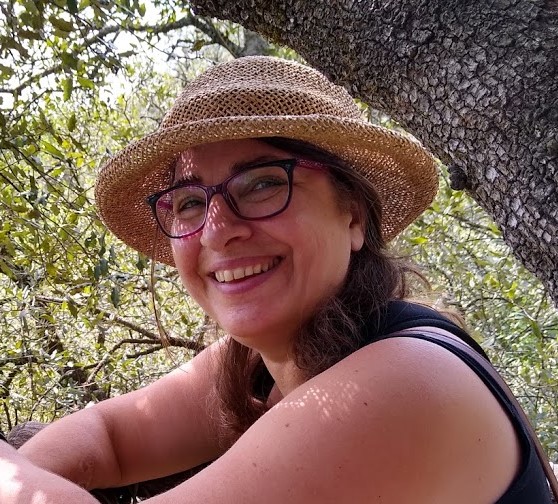
Dr Fabienne Marret-Davies
Reader in Environmental Sciences Geography and Planning
I am in Reader in Physical Geography, with a great interest in how environmental conditions have changed over time. I use microfossils to understand how marine and terrestrial ecosystems have changed over the last few hundred thousand years. I have taught about how human activities have affected our landscape and what we can learn from the past to better understand changes in our climate. I am particularly enthusiastic about using pollen to create an understanding of landscapes before human intervention. My interest in Forest School concerns the environmental setting in which such activities are taking place and how we can teach our children the natural evolution of our landscape and how to manage these natural resources.
Dr Helena Pimlott-Wilson
School Director of Graduate Student Outcomes and Placements
Reader in Geography
Dr Helena Pimlott-Wilson
Reader in Geography
Loughborough University
My research focuses on the geographies of education, learning and employment. Broadly, my current research spotlights the growing alternative and supplementary education industries, predominantly through qualitative approaches. One strand of my work focuses on private tuition, examining the classed and racialised inequalities rewritten by this growing industry. Another strand examines the utilisation of Forest School in mainstream school settings, examining the contradictions associated with nature-based learning and neoliberal school agenda. I am particularly interested in educational inequalities associated with access to outdoor spaces, and how forest school engagement impacts upon wellbeing. Recent projects examine the experiences of parents attending forest school toddler groups. For more information please see: staff profile.

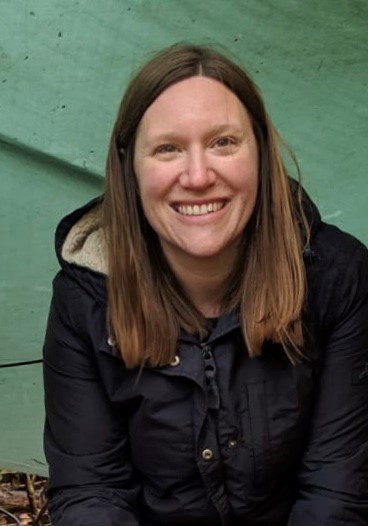
Lucy Tiplady
Senior Research Associate
Newcastle University
Lucy is an educational researcher, working across projects and evaluations that seek to reduce barriers to children and young people accessing education and address disadvantage. She is interested in how alternative environments, including the outdoors and nature, can increase well-being and engagement in learning. Lucy is currently Co-Investigator on the Horizon SCIREARLY project (2022-2025), which focuses on optimal learning environments for reducing underachievement and early school leaving across Europe. Her research on Forest School has examined the impact for children and young people experiencing social and emotional difficulties. Lucy’s research predominantly uses co-produced, participatory and visual methods, including theory of change and arts-based methods, to work with children and young people, families, practitioners, schools and communities. For more information please see: Staff Profile | Education, Communication and Language Sciences | Newcastle University (ncl.ac.uk)
